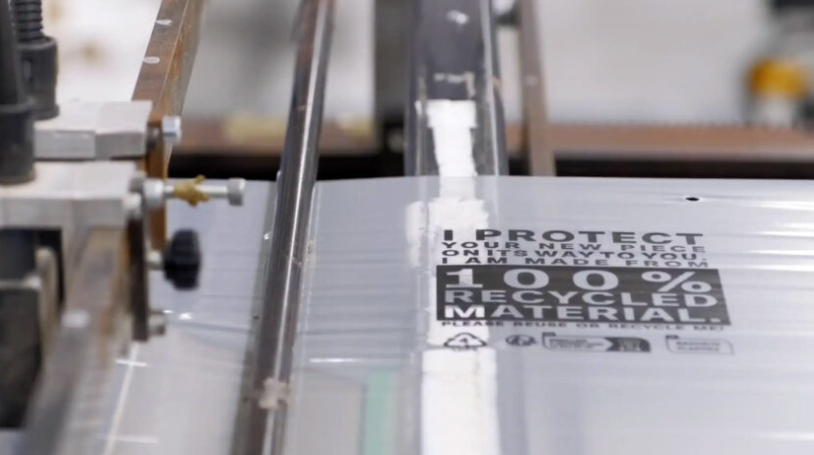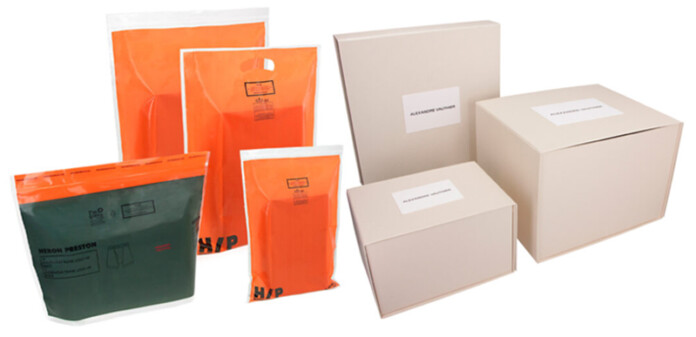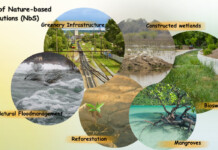Previously identified as a hotspot for plastic pollution, Southeast Asia does not currently have the recycling infrastructure needed to address the amount of waste being shipped into the region from more developed countries. A 2023 study reports that Indonesia, the Philippines, and Vietnam are amongst the top 10 countries in the world with the highest production of mismanaged plastics, producing over 1.5 million metric tonnes annually. Consequently, Thailand, Malaysia, and Vietnam have implemented several restrictions on waste imports from Western countries. South Asia has been slower to adopt these principles, however if the region continues on this path, it could contribute up to 19 percent of the total global emissions permitted under the 2015 Paris Agreement.
South Asia’s recycling infrastructure – country by country
South Asia must improve its recycling infrastructure across the region to raise its recycling rate and alleviate the effects of the climate crisis. In the city of Dhaka, Bangladesh, only half of the 5,000 metric tonnes of daily waste is properly disposed of due to its waste collection and management system which is unable to tackle the extent of the nation’s waste output. As a result, in 2022, Bangladesh’s recycling rate was only 15.7 percent. Indeed, if all the mismanaged plastic waste was properly recycled in South Asia, greenhouse gas emissions could fall by 229 million tonnes, illustrating the need for of a robust recycling infrastructure.
Mainetti, leading sustainable packaging producer, is combatting this problem with the expansion of its recycling operations in Dhaka last year. The new facility scales Mainetti’s Polyloop initiative which recycles clear polyethylene, allowing retailers to source clear LDPE film containing up to 100 percent recycled material. The Dhaka facility has supplied Mainetti’s retailers with 35 million more Polyloop bags than the previous year, while cutting up to 45 percent of carbon emissions, equivalent to 876,000 kg CO2e.

Waste Management and Recycling Initiatives in Southeast Asia
Many Southeast Asian countries already possess highly effective waste management systems where 89% of household waste is collected at least once a week throughout Indonesia, Malaysia, the Philippines, Thailand, and Vietnam. Similarly, the National Recycling Programme (NRP) equips all households in Singapore with recycling bins, increasing their recycling rate from 40% in 2000 to 51.7% in 2022.
Furthermore, Singapore’s Ministry of Environment and Water Resources launched a Zero Waste Masterplan in 2019 that aims to reduce waste sent to landfill each day by 30 percent by 2030. Similarly, Malaysia plans to implement six Waste-to-Energy plants nationwide by 2025 to limit reliance on landfills. Nevertheless, as Singapore approaches the 2030 target, consumer engagement remains low, illustrating the need for everyone to play their part in the circular economy.
Consumers must take responsibility for their recycling efforts
If we are to secure a more sustainable future, consumers must engage with recycling initiatives and practices, as, in 2022, the National Environment Agency (NEA) found that 40 percent of materials in Singaporean recycling bins were unrecyclable due to contamination from non-recyclable items such as food and liquid waste. To boost engagement, a societal shift is needed where recycling becomes normalised throughout South and Southeast Asia. Indeed, the SEA Circular report found that 64 percent of consumers would be more likely to recycle if those around them did as well. An example of a campaign that improved education on the circular economy while increasing accessibility to recycling is the Recycle Right campaign, launched by the (NEA) in 2019. This campaign provided Singaporean households with a free recycling box, including information on non-recyclable and recyclable materials to educate consumers.
Furthermore, the SEA Circular report identified a gap between consumers’ concern for sustainability and their actions to address it. In Indonesia, Malaysia, the Philippines, Thailand and Vietnam, 91 percent of consumers were extremely concerned for the damaging impact of plastics, however, only 54 percent regularly recycled and 33 percent considered sustainability when making purchases. Governments must incentivise the public to align consumers’ actions with their beliefs. The government of the Philippines offers a range of incentive programs. In 2021, the Pasig City Local Government Unit (LGU) launched a waste-to-cash program known as Aling Tindera which positioned 19 collection centres across the city. While these schemes are effective, more must be done to broaden access to information on sustainability in a way that will enable large scale societal change.
Businesses must reshape their operations to prioritise sustainability
The SEA Circular report also found that businesses must do more to mitigate their plastic waste, as only 48 percent of businesses were satisfied with their current sustainability practices. There are a range of non-profit organisations committed to tackling plastic waste in Southeast Asia, such as the Indonesia Packaging Recovery Organisation (IPRO) which is a group of companies that aim to improve the recycling rate in Indonesia. Nevertheless, over half of the businesses assessed in the SEA Circular report were not in collaboration with the non-profits available. While it is essential that governments and consumers play their part in reducing packaging waste, businesses must also contribute.
Mainetti is leading by example in this arena, having developed a range of innovative sustainable packaging products from M-Film™, our 100% recyclable flexible packaging films, to The Loop, Century Box Mainetti’s mono-material luxury box made from recyclable cardboard and paper.
If South Asia is to overcome the challenges currently inhibiting them from achieving a circular economy, all countries must cooperate. While governments need to implement national recycling infrastructures, consumers must properly engage with sustainable practices. Lastly, businesses must collaborate with the wider industry to encourage large-scale change. If all actors make these adjustments, South and Southeast Asia can champion the circular economy and help create a more sustainable future for us all.
Michelle Boon, Global Head of Flexible Packaging at Mainetti











